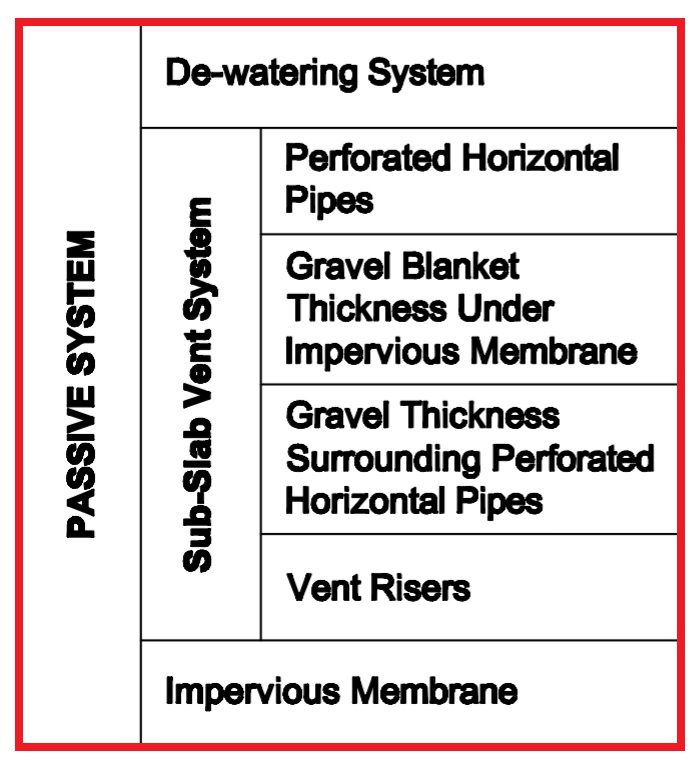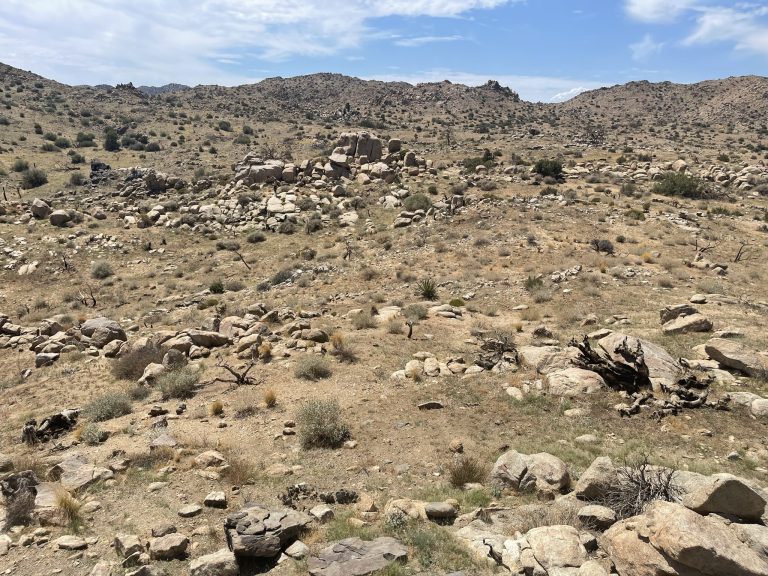Surface-Wave Magnitude
“Surface-Wave Magnitude” is the magnitude of an earthquake that scientists estimate using measurements of the amplitude of surface waves.
“Surface-Wave Magnitude” is the magnitude of an earthquake that scientists estimate using measurements of the amplitude of surface waves.

Extrusive Rocks Extrusive Rocks: In the volcanology branch of geology extrusive rocks are igneous rocks that have been erupted onto the Earth’s surface, before forming and crystallizing. On the other hand, intrusive rocks form and crystallize under the Earth’s ground surface. Extrusive rocks are typically microcrystalline and aphanitic, because of the faster rate of cooling…

Wing Dam or Wing Dike A “Wing Dam” or “Wing Dike” refers to a dam that intentionally retains a fraction of the width of a flowing water source. Unlike a conventional dam, a wind dam aims to divert the path of water flow. Additionally, a wing dike can control the velocity of water flow. For…

Biogenic Gas Biogenic Gas: In geology, biogenic gas refers to natural gas that is the byproduct of the microbial decomposition of biological and organic matter. For instance, methane soil gas on Earth is typically a biogenic gas resulting from the decomposition of organic soil zones, landfills, marshes, and swamplands. Alternatively, natural gas can be petrogenic…

Passive Methane Mitigation Passive Methane Mitigation: Passive systems refer to the non-mechanical and non-electric components of the methane mitigation process. These components remove the vapor intrusion risks of methane soil gas migration into buildings atop Los Angeles Methane Zones and Methane Buffer Zones. In fact, methane testing results typically indicate the necessity for a passive…

Epicenter Epicenter: In the seismology branch of geology, an epicenter of an earthquake is the point on Earth’s surface that is directly above the focus (or hypocenter). It is the ground surface location overlying where an earthquake rupture originates within a dip-slip fault or strike-slip fault. Shortly after an earthquake, United States Geological Survey (USGS)…

Geology Geology: Geology is a field of science relating to the earth, including but not limited to the earth’s resources, physical processes, chemical properties, history, and future. Additionally, the science of geology includes the study of other terrestrial planets, such as Mercury, Venus, or Mars. Branches of Geology There are numerous branches of geology that…